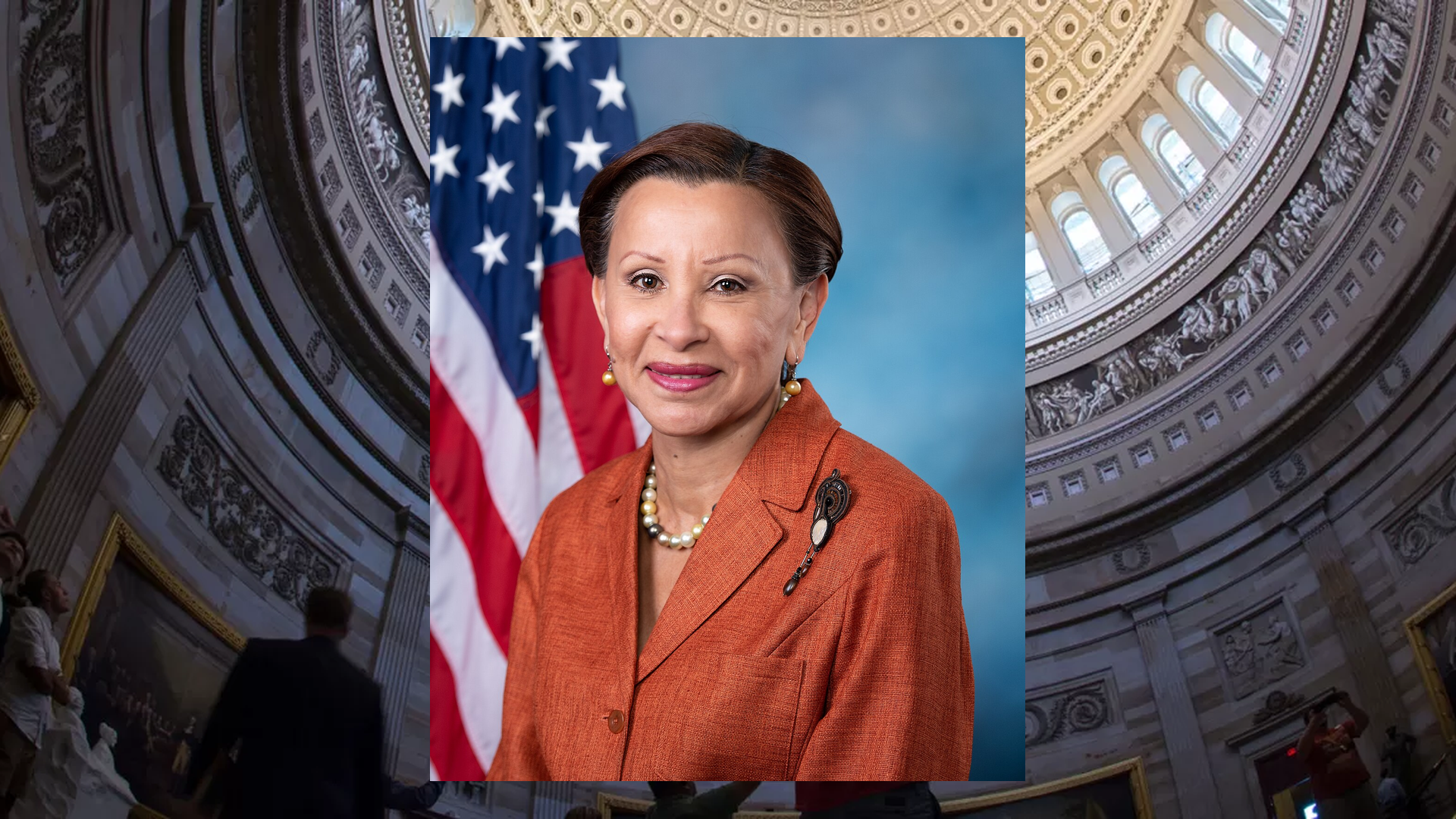We have received text from H.R. 5503: Strengthening Capacity for Disaster Resilient Territories Act. This bill was received on 2025-09-18, and currently has no cosponsors.
Here is a short summary of the bill:
The bill titled **Strengthening Capacity for Disaster Resilient Territories Act** aims to enhance the Federal Emergency Management Agency's (FEMA) capacity to support disaster recovery efforts in U.S. territories, including American Samoa, Puerto Rico, Guam, and the U.S. Virgin Islands. Here's a breakdown of what the bill proposes:
Purpose
The primary goal is to create a program that continuously identifies and addresses the challenges that local entities face in recovering from major disasters. This includes making it easier for these entities to apply for and manage disaster recovery assistance.
Findings
The bill highlights several crucial findings related to the vulnerabilities of U.S. territories to extreme weather events, such as hurricanes and typhoons, which have increased in frequency and intensity. It notes:
- The impact of severe disasters, like Hurricane María in Puerto Rico and Typhoon Yutu in the Northern Mariana Islands.
- The financial struggles of territories, which heavily rely on tourism and face high public debt levels.
- The challenges that outdated infrastructure presents for disaster recovery.
- The demographic issues, including population decline and lack of adequate housing for recovery workers.
Program Establishment
The bill mandates the establishment of a **Territorial Disaster Recovery Program** within FEMA within one year of its enactment. This program will focus on:
- Identifying specific gaps in recovery efforts for eligible entities.
- Providing technical assistance to help these entities apply for grants related to disaster recovery.
- Offering training courses tailored to local needs to improve recovery capabilities.
- Creating best practices for managing recovery projects.
- Engaging with local experts and community leaders to ensure recovery strategies meet local needs.
Reporting Requirements
The bill requires FEMA to report to Congress every two years on the program's progress, including gaps identified, technical assistance provided, and feedback from participating entities. A final report will also assess the program's effectiveness and make recommendations for its future continuation.
Funding
The legislation authorizes $50 million annually from fiscal years 2026 through 2030 to support the program.
Definitions
Key terms defined in the bill include:
- Administrator: The head of FEMA.
- Eligible Entity: Organizations that qualify for grants under specific sections of the Robert T. Stafford Disaster Relief and Emergency Assistance Act.
- Recovery: Actions necessary for a community to rebuild after a major disaster, including infrastructure repair and restoring services.
Conclusion of Summary
This summary encapsulates the intent and structure of the bill aimed at enhancing disaster recovery capabilities in U.S. territories.
Relevant Companies
None found.
Representative Nydia M. Velázquez Bill Proposals
Here are some bills which have recently been proposed by Representative Nydia M. Velázquez:
- H.R.5504: Flood Insurance Tax Credit Act of 2025
- H.R.5503: Strengthening Capacity for Disaster Resilient Territories Act
- H.R.5502: AirFAIR Act
- H.R.5501: Data Improvement for Puerto Rico Recovery Act
- H.R.5500: National Flood Insurance Program Administrative Reform Act of 2025
- H.R.4539: Texture Positive Act of 2025
You can track bills proposed by Representative Nydia M. Velázquez on Quiver Quantitative's politician page for Velázquez.
Representative Nydia M. Velázquez Net Worth
Quiver Quantitative estimates that Representative Nydia M. Velázquez is worth $750.0K, as of October 8th, 2025. This is the 359th highest net worth in Congress, per our live estimates.
Velázquez has approximately $0 invested in publicly traded assets which Quiver is able to track live.
You can track Representative Nydia M. Velázquez's net worth on Quiver Quantitative's politician page for Velázquez.
This article is not financial advice. See Quiver Quantitative's disclaimers for more information.



